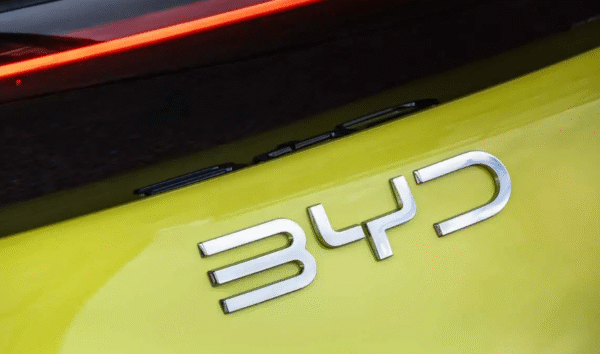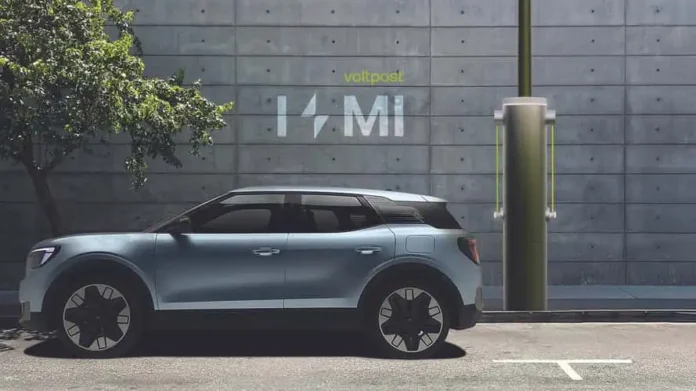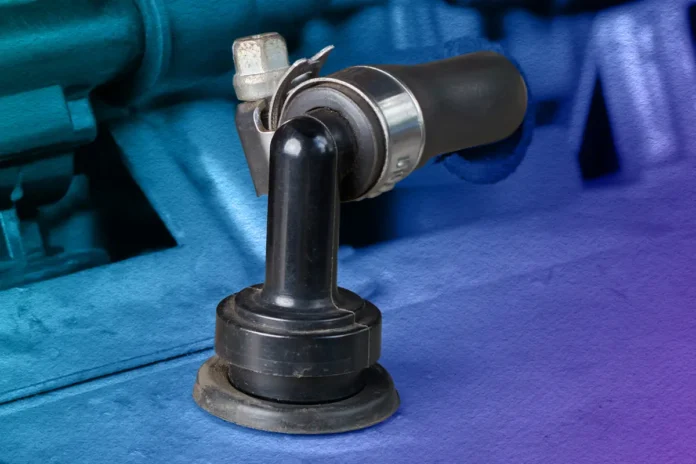The Rising Tension in Automaker and Influencer Relationships
In recent years, the relationship between automakers and content creators has increasingly become strained. While requests to alter or remove content are common, instances of legal action remain rare. However, one automaker that has escalated this tension is BYD. Reports indicate that the company has taken action against 37 influencers for comments deemed defamatory. This legal pursuit highlights a growing trend in the automotive industry of companies feeling threatened by negative portrayals.

BYD’s Legal Approach Towards Defamatory Claims
BYD’s approach has included not only lawsuits but the establishment of an internal watch list monitoring 126 content creators. This extensive oversight points to the automaker’s attempt to control its narrative amidst accusations of manipulating influencers against competitors. An instance of this practice saw one influencer fined after suggesting BYD was financially unstable, whereas another faced repercussions for comments regarding alleged smear campaigns. This shows how serious the repercussions can be for content creators in the automotive space.
Consequences for Influencers in China
Beyond BYD, other companies such as Nissan-Dongfeng and Tesla have pursued similar legal routes, indicating that defamation lawsuits against influencers in China are becoming more common. These actions stand in stark contrast to cases in the West, where such lawsuits may not yield significant outcomes due to varying legal protections for media. The potential consequences for influencers can be dire, ranging from substantial fines to career-ending events, further solidifying the message: when discussing automakers, especially in the context of China, caution is crucial.




